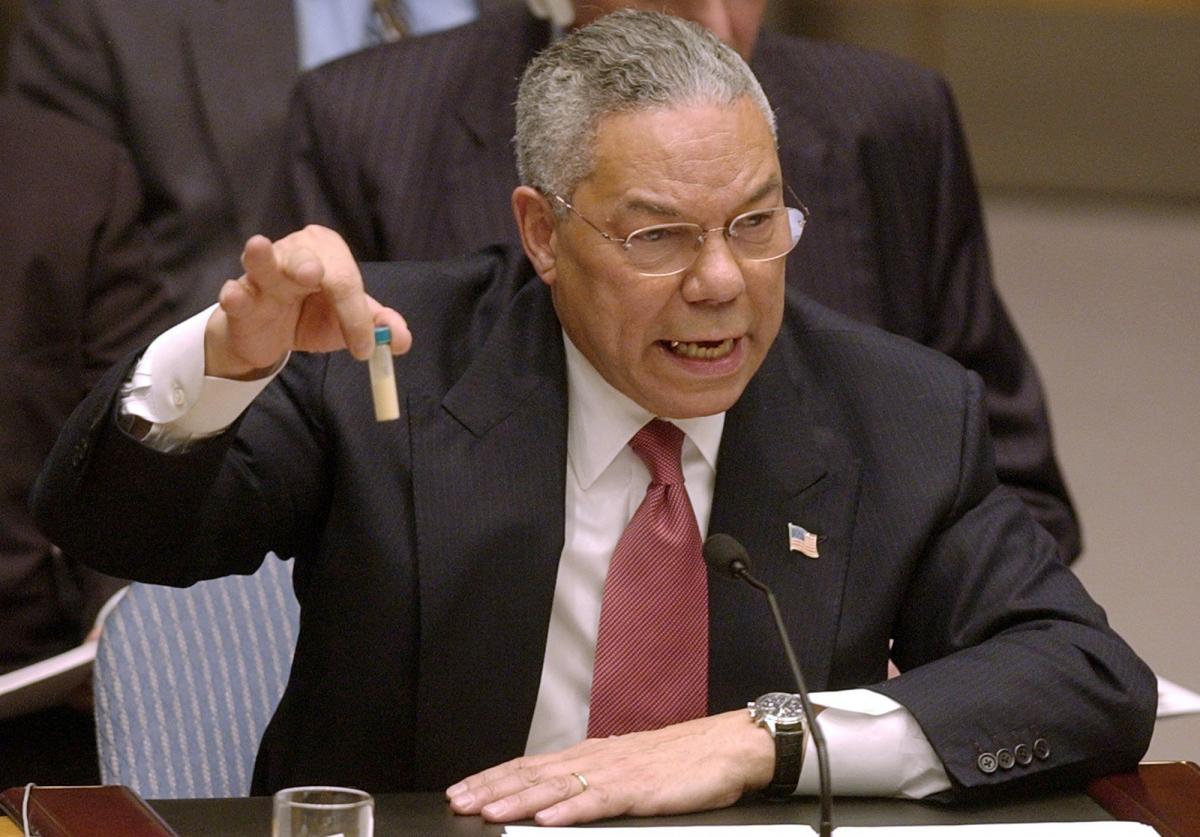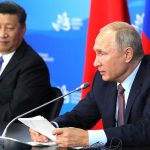by Wayne White
The Bush administration’s deception and irresponsible military action involving Iraq had a wide-ranging adverse impact on populations in countries critical to the enforcement of international standards regarding war crimes. Yesterday’s vote by the British parliament to oppose UK participation in military action against Syria illustrates just how deep that mistrust and anxiety still runs today. Yet, as British Prime Minister David Cameron has said, failure to act could give the Syrian regime a virtual “green light” to take even more brutal measures against the opposition and Syrian civilians. Nonetheless, the vote should warn the Obama administration to slow down (and perhaps scale back) its plans for punitive military action considerably in order to address the serious concerns that surround it.
Five days after the August 21 attack, we have just learned, a regime attack was launched against an urban area in the vicinity of Aleppo using incendiary munitions that terribly burned scores of schoolchildren. This additional outrage took place even before Bashar al-Assad and his unconditional allies in Moscow and Tehran were buoyed by the news from London. Though not banned, the use of horrific flammable munitions against an urban area could offer yet another a foretaste of what is to come in the absence of a firm international response.
Official and public disquiet over the planned strike emanating from the UK, Germany, global media and the US typically features concerns associated with the distortions of intelligence and military overreach of the Bush administration ten years ago. Although wariness toward potentially deceitful government behaviour is a healthy counterbalance overall, such concerns can be taken to extremes.
In the wake of the Bush administration’s appalling abuses and their weighty negative consequences, a global mindset has developed in which practically all pronouncements out of Washington are subject not only to great scrutiny, but almost knee-jerk skepticism — even when pitted against assertions on the part of notoriously abusive and deceitful authoritarian governments like Syria’s that face virtually no domestic accountability whatsoever.
Consequently, there have been wide-ranging demands for a UN Security Council (UNSC) mandate despite its futility in the face of a certain Russian veto because Moscow fully supports the Syrian regime in its war of internal repression and is incapable of viewing the facts of this case impartially. Similar Russian tolerance of atrocious war crimes in Bosnia on the part of another of Moscow’s allies in the 1990’s compelled a NATO coalition to act in lieu of the UNSC. But that was prior to the 2002-2003 episode of US (and UK) intelligence deception in support of a vastly more extensive military intervention.
Still, the Obama administration must deal with the situation as it is. Barreling ahead with a “compressed” timeline for punitive strikes despite extensive pushback resembles in the eyes of many just the sort of brash behaviour exhibited during the Bush years. And this is precisely what President Obama (and French President Francois Hollande) should avoid under the circumstances.
Personally, I believe some observers are exaggerating the potential fallout from limited military action in this case. In fact, much of the bluster from Damascus and Tehran probably consists mainly of scare tactics meant to play to nervous Western constituencies. However, to head off any regrettable consequences, allied punitive action against Syria must narrowly focus on the issue at hand — and not be expanded to include strikes meant to weaken the regime and play out over two to three days.
Critical to salvaging the situation and calming many of those now hesitant, the White House must patiently await the results of the UN inspection team. UN Secretary General Ban Ki-moon has said the findings should be made available to the UN Security Council on Sunday.
Sunday is only two days away. The Syrian military is tied down holding various vital positions lest the rebels move in and seize them, so it cannot simply go away and hide in preparation for punitive strikes strikes — even if proper consultations require another week. And if the UN inspection results confirm the use of a nerve agent against the affected Damascus suburbs, that information could reinvigorate the Western allies to act more as Washington hopes (even if, as expected, the Russians once again block UNSC consensus to serve their own craven interests in Syria).





